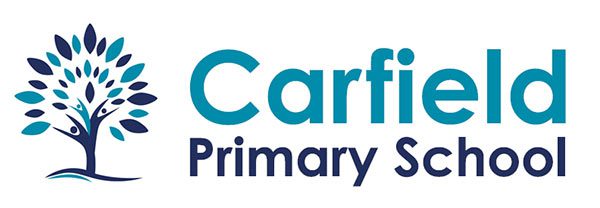Modern Foreign Languages
Our Vision…
“A different language is a different vision of life.”
Federico Fellini
At Carfield Primary School, we aim to develop a strong interest for learning different languages and cultures with Spanish as our target language. We aim to develop the children’s interest by helping them learn and promote native Spanish through enjoyable and stimulating ways. Pupils will be taught to understand and embrace different cultures and we aim for them to develop a natural curiosity and confidence to explore other countries, cultures and languages.

Intent
Implementation
Spanish is taught through the use of a comprehensive programme, the Rachel Hawkes Scheme. It is a comprehensive language learning programme that aligns with the KS2 Programme of Study; it is a language-led, practised-based curriculum, in which the three strands underpin the development of confident communication, cultural understanding and the creative use of language. To build on the enjoyment we use games and online games such as Linguafun. This resource includes interactive games, quizzes, rhymes, songs and stories to make language lessons engaging and effective.
In order to build competency in a new language, children need to gain systematic knowledge of the three strands of language learning:
Vocabulary is the foundation of any language and learning new words is required.
Phonics a “must” tool to learn to decode in order from print to pronunciation and meaning,
Grammar is the structure that allows us to communicate meaningfully in a language.
In line with the National Curriculum for MFL, pupils are taught to:
- listen attentively to spoken language and show understanding by joining in and responding
- explore the patterns and sounds of language through songs and rhymes and link the spelling, sound and meaning of words
- engage in conversations; ask and answer questions; express opinions and respond to those of others; seek clarification and help
- speak in sentences, using familiar vocabulary, phrases and basic language structures
- develop accurate pronunciation and intonation so that others understand when they are reading aloud or using familiar words and phrases
- present ideas and information orally to a range of audiences
- read carefully and show understanding of words, phrases and simple writing
- appreciate stories, songs, poems and rhymes in the language
- broaden their vocabulary and develop their ability to understand new words that are introduced into familiar written material, including through using a dictionary
- write phrases from memory, and adapt these to create new sentences, to express ideas clear
- describe people, places, things and actions orally and in writing
- understand basic grammar appropriate to the language being studied
Impact
- Pupils will be able to respond to spoken and written language in Spanish.
- Pupils will enrich their language learning by developing an understanding of the Spanish culture.
- Pupils will learn about the importance of looking for “cognates” and how language skills can be applied to a range of languages.
- Pupils will transfer to KS3 effectively and successfully and will be well prepared to continue and develop their language skills.
